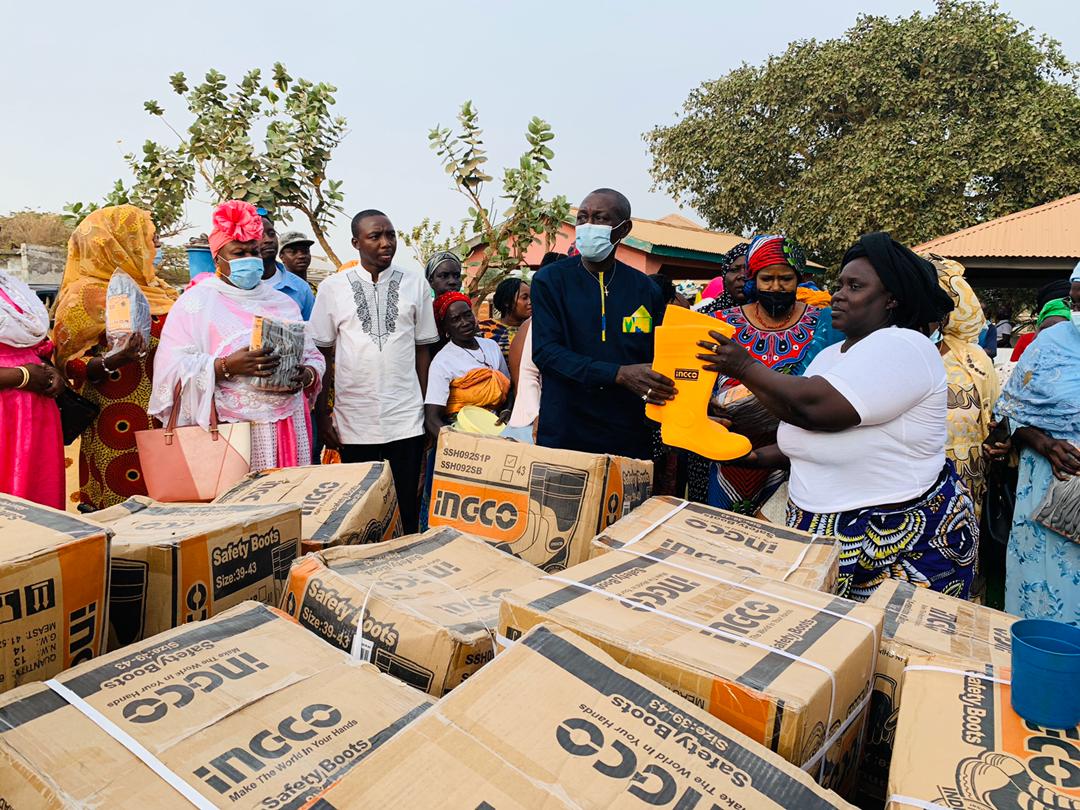By: Nyima Sillah
The National Agency Against Trafficking in Persons (NAATIP) has said rural communities often experience isolation, limited access to information, and economic hardships, making them susceptible to trafficking schemes.
“Traffickers exploit these vulnerabilities, preying on individuals seeking employment, education, or better opportunities. The lack of awareness and information in rural areas exacerbates the risk as residents may not recognize the signs of trafficking or understand their rights and recourse,” revealed the NAATIP 2023 annual report.
The report highlighted that rural areas may lack the resources needed for comprehensive anti-trafficking programs, including educational materials, support services, and dedicated personnel.
“Cultural barriers, deep-rooted cultural norms and beliefs in rural settings may hinder open discussions about trafficking, making it challenging to address the issue without sensitivity to local customs. Geographic isolation, remote locations and limited connectivity can impede the dissemination of information, hindering efforts to educate communities about the risks and realities of human trafficking,” the report pointed out.
The report meantime recommended awareness-raising and empowerment of individuals in rural areas to recognize potential trafficking threats so that they cantake steps to protect themselves and their communities.
“Increased awareness contributes to the early identification of potential victims enabling prompt intervention and support services. Building awareness fosters community engagement, encouraging collaboration between residents, local authorities, and non-governmental organizations to create a united front against human trafficking,” the report underlined.




